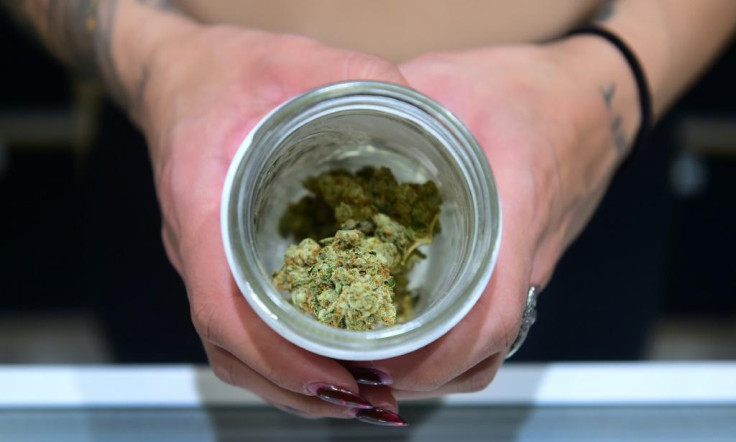After early high, a rude awakening for cannabis stocks in 2019
The sector faces financial hurdles, with banks shrinking from handling cash from the cannabis trade.
After sparking a Wall Street craze in 2018, cannabis companies fell flat this year, faced with disappointing growth in Canada and a frustrating hodgepodge of regulations in the United States.
Even the largest firms on the New York Stock Exchange, mostly Canadian marijuana producers, have woken up to a harsh reality: At Monday's close, Canopy Growth was down about 30 percent for the year, Tilray had plunged 78 percent and Cronos 26 percent while shares in Aurora Cannabis had been cut in half.
By Tuesday, however, the last trading day of 2019, each had surged at least 10 percent.
The same disillusionment also hit the major exchange-traded funds focusing on the industry. ETFMG Alternative Harvest lost 30 percent in a year when the wider S&P 500 soared by 28 percent.
Early on, investors bet big on consumers' appetite for cannabis products, watching eagerly as more US states authorized medical and even recreational use and Canada legalized pot smoking nationwide in October 2018.
In Canada, "the first year was plagued with slow store rollouts, trouble competing with the black market, supply shortages, varying regulations across provinces and restrictions on the types of products that could be sold," DataTrek co-founder Jessica Rabe said in an analytical note.
Then, says Canaccord Genuity's Bobby Burleson, Canadian retailers confronted "disappointing demand and excess supply."
In the United States, high hopes for sales of marijuana -- for smoking, vaping, eating or applying topically in creams -- were also in for something of a letdown.

Rabe says marijuana is still selling well in Colorado, which in 2014 became the first US state to legalize its recreational use.
And its performance there "shows why there was so much initial investor enthusiasm," she said.
"The problem is that they got ahead of themselves, not fully appreciating all the regulatory challenges between patchwork state frameworks and slower-than-anticipated legalization on a state-by-state basis."
Under US federal law, marijuana is still classified as a hard drug with little-to-no medical value and a high potential for abuse, like heroin.
As a result, the sector faces financial hurdles, with banks shrinking from handling cash from the cannabis trade.
US regulators also said in November they could not guarantee that using cannabidiol, also known as CBD, a highly popular but non-psychoactive ingredient in cannabis, is safe.
Several elections, including referenda on legalization in several US states and the presidential vote in November, could mark a turning point for the industry.
Copyright AFP. All rights reserved.
This article is copyrighted by International Business Times, the business news leader





















